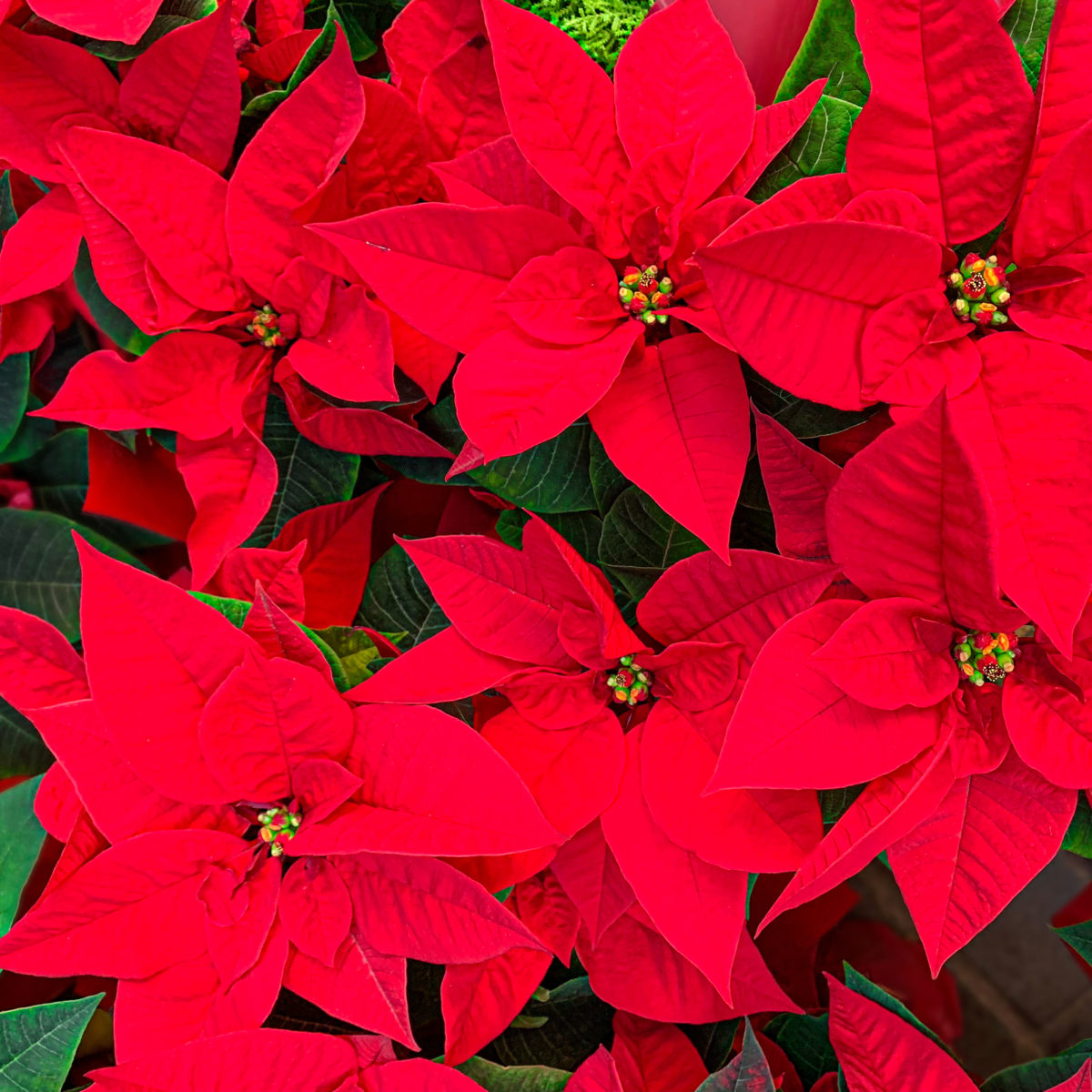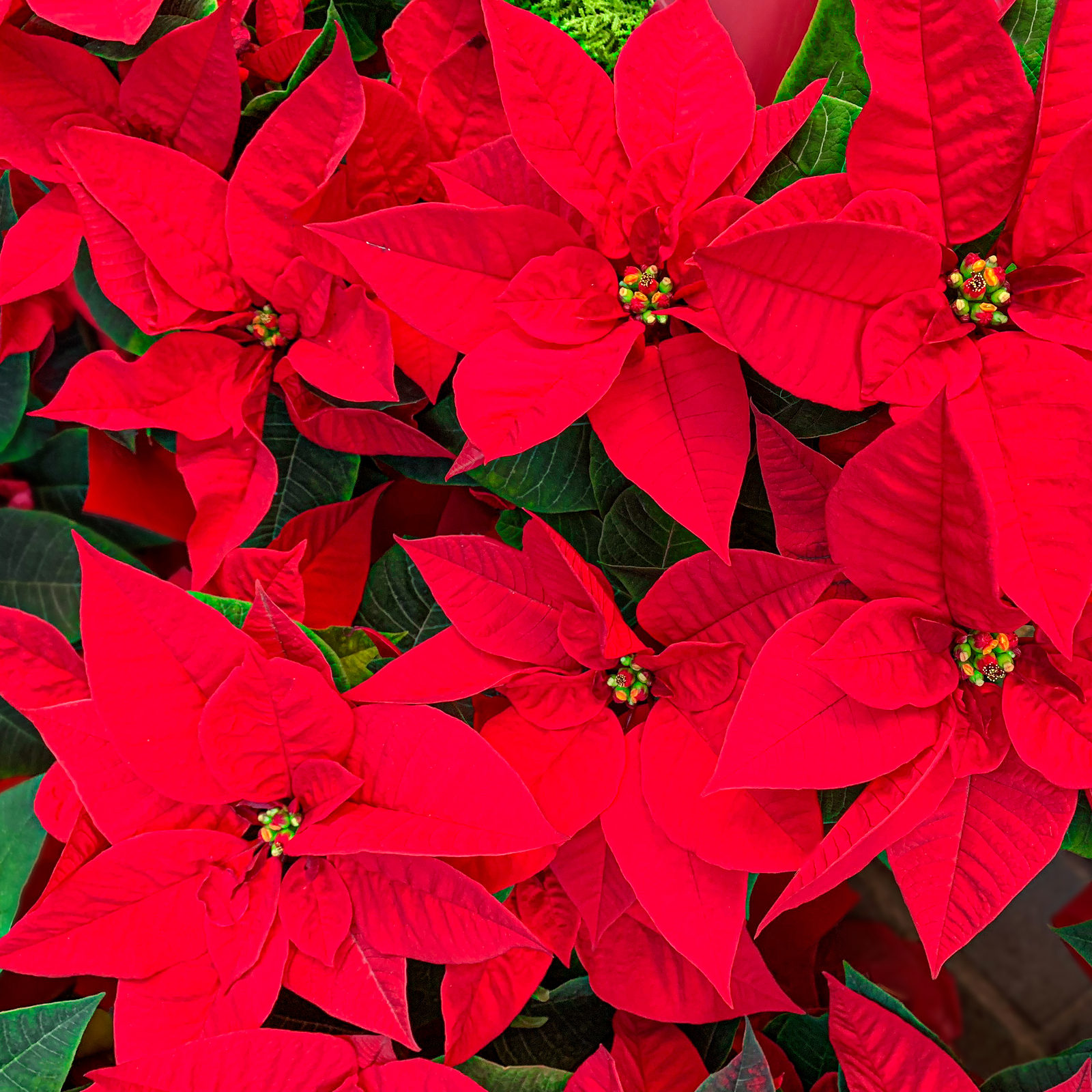Bringing the outdoors in can help chase away winter’s “cabin fever.” The problem is that some plants don’t play well with kids and pets.
Both cats and dogs can be attracted to munch on any houseplant, whether because they are lacking something in their diets, as an instinctive way to help cough up a fur ball or the plant just smells irresistible to them.
What happens after the plant is ingested depends on the type of plant, how much of it the pet ate and the age and size of your pet.
Keep in mind, however, that even mildly toxic plants can be deadly if they are covered in pesticide.
Non-toxic holiday plants
Christmas cactus (Schlumbergera bridgesii) is a non-toxic alternative to other holiday plants, safe for both dogs and cats.
Mildly toxic holiday plants
Christmas Tree
Surprised? The pros at PetMD.com suggest that fir trees produce oils which can irritate your pet’s mouth and stomach. When ingested, they say, the tree’s needles may cause a puncture, obstruction or stomach irritation.
Then, there’s the water sitting in the tree’s stand – if it builds up mold or bacteria and the pet drinks it, they can become quite ill. PetMD suggests keeping the water covered to avoid problems.
Poinsettia (Euphorbia pulcherrima)
The poinsettia’s sap can be irritating to the mouth and stomach and the pet may vomit after ingesting it. The National Institutes of Health, however, can find no cases of human or pet deaths from poinsettia.
While this quintessential holiday houseplant is considered mildly toxic, if it’s been treated with pesticide, the story changes.
“Severe reactions to the plant or to the pesticide it has been treated with include seizures, coma, and in some cases, death,” claim the pros at PetMD.com. The younger and/or smaller the pet, the more severe the reaction.
Holly
There are two types of holly used in holiday décor in the U.S., American (Ilex opaca) and English holly (Ilex aquifolium).
According to the ASPCA, both the leaves and berries are mildly toxic to our pets. If ingested, your pet may experience nausea, vomiting, diarrhea and depression.
The experts at the National Institutes of Health claim that the leaves are not toxic to humans, only the berries.
“Poisonings most often occur in children, and most cases are harmless,” they said. “In adults, one must eat 20-30 berries before becoming symptomatic, whereas children only have to consume 5.”
As in all cases of plant toxicity, if a large enough volume of the plant is eaten, the reactions may be quite severe.
Moderately toxic holiday plants
Amaryllis (Amaryllis spp.)
A popular potted gift plant, ingesting parts of the amaryllis causes vomiting, depression, diarrhea, abdominal pain, hyper-salivation, anorexia and tremors.
Cyclamen (Cyclamen persicum)
Cyclamen is such a winter staple that many homes have at least one growing indoors.
This plant grows from a rhizome (an underground tuber-like structure) which produces a toxic substance (triterpenoid saponin).
While the leaves and flowers are considered mildly toxic, the rhizome, if ingested, may cause “severe vomiting and diarrhea accompanied by significant fluid loss from the body. It may also cause heart rhythm abnormalities and seizures, according to Linda Crampton at DenGarden.com.
She goes on to let us know that the tubers are bitter tasting, so one bite may be all your pet needs to back off.
“The Department of Horticultural Science at North Carolina State University considers cyclamen to be ‘toxic only if large quantities eaten,’ she concludes.
Highly toxic holiday plants
Mistletoe (Phoradendron flavescens)
While the two legged get kissed beneath a sprig of mistletoe, the four legged are attracted to it and, if ingested, the plant causes gastrointestinal disorders, cardiovascular collapse, dyspnea, bradycardia, erratic behavior.
In some cases, the pet may suffer from low blood pressure and death.
Lily (Lilium spp.)
The gorgeous lily may cause kidney failure in cats. “Eating even a small amount of the plant will have a severe impact on a cat’s system, causing severe symptoms such as gastrointestinal issues, arrhythmia and convulsions,” according to PetMD.com.
They suggest removing the plant from the home – take it to the office to provide cheer while you work.
Daffodil (Narcissus pseudonarcissus)
A popular holiday gift plant, daffodils are especially dangerous to cats. Just a few munches of the flowers’ petals can cause kidney failure.
Lily of the Valley (Convallaria majalis)
These diminutive white flowers are frequently included in winter floral arrangements. When ingested, the pet may vomit, experience an irregular heart beat and low blood pressure, disorientation, coma and seizure.

